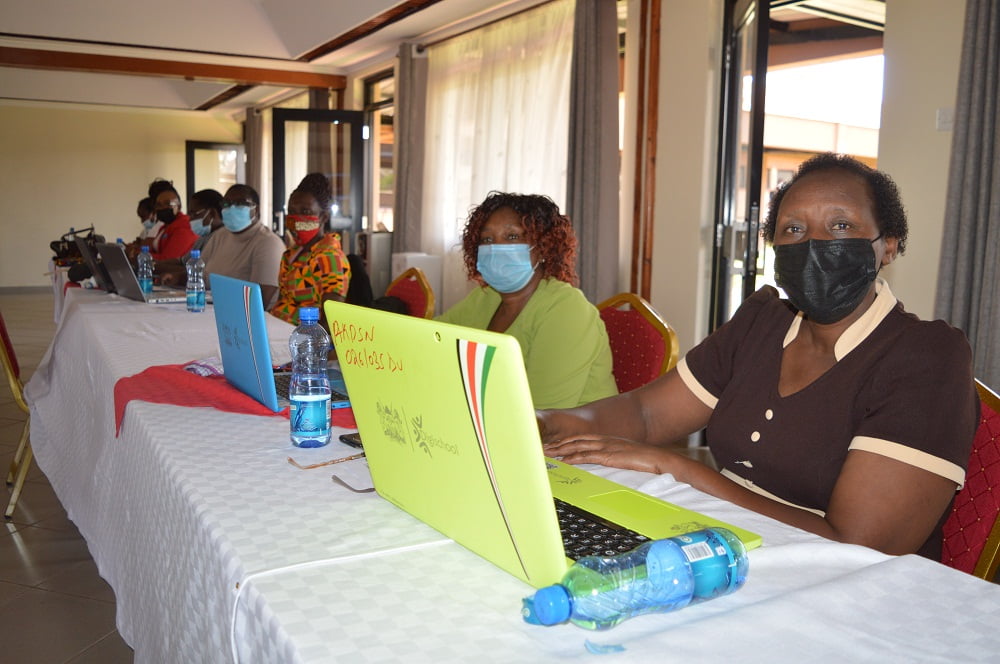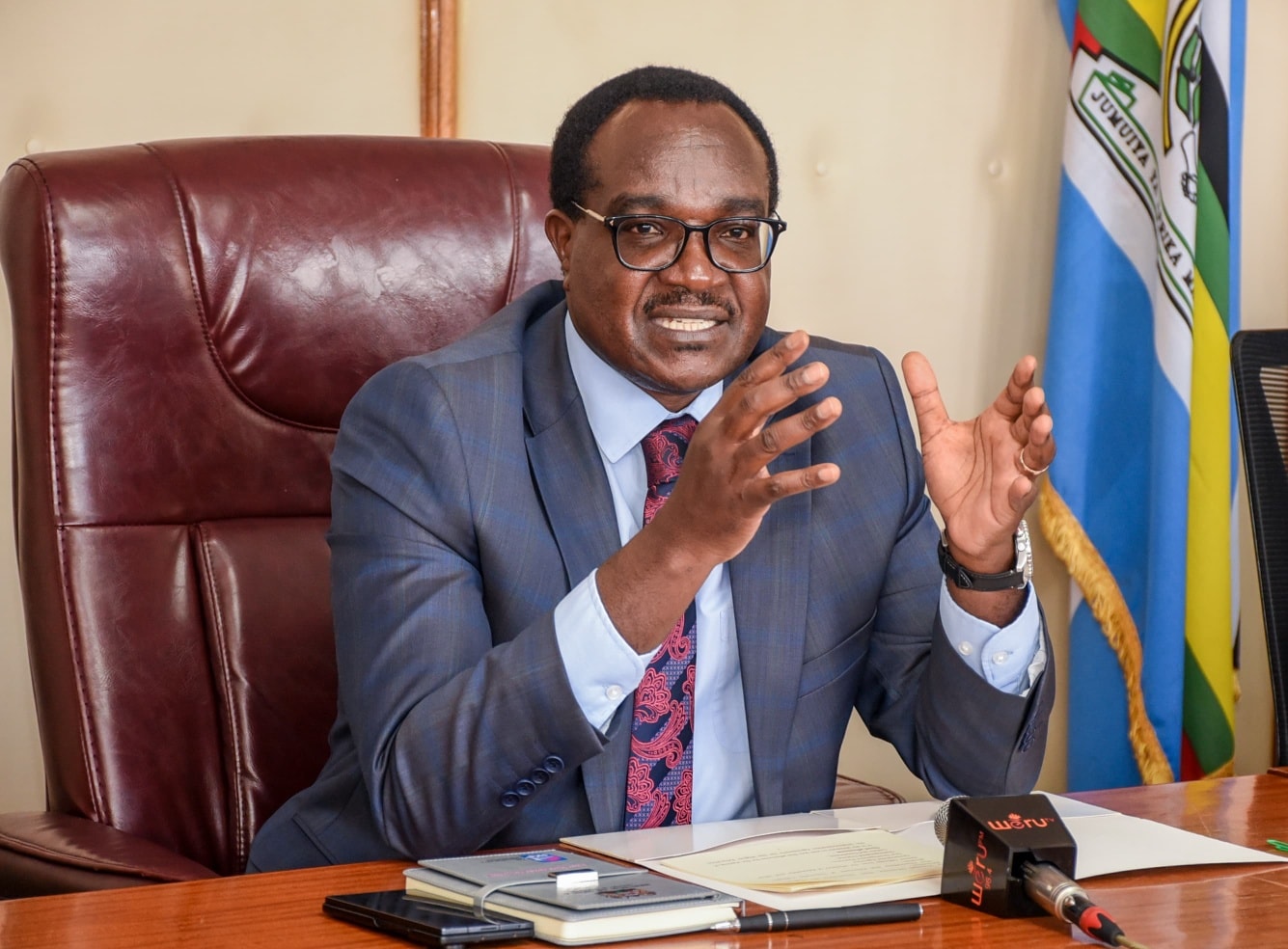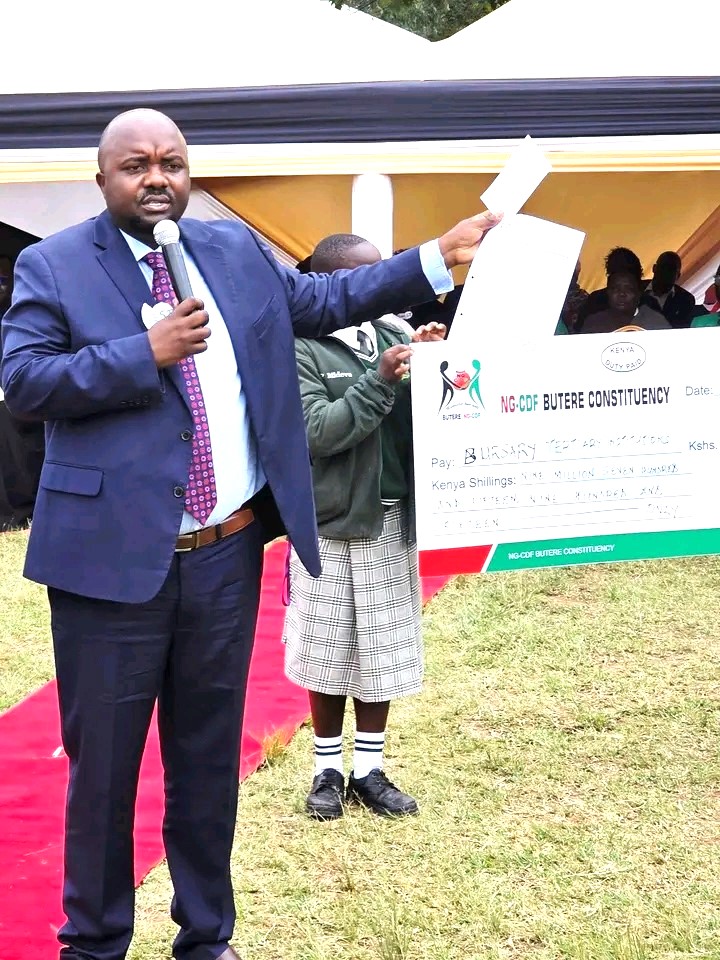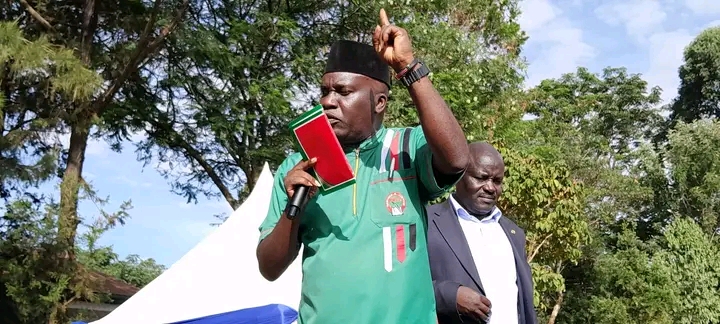By Felix Wanderi
Teachers drawn from four counties in special needs institutions across the country have received training on assistive technologies and accessible digital textbooks so as to be able to impart ICT literacy into learners.
The five day workshop held at the Kenya Institute of Special Education (KISE) running concurrently with University of Rwanda and Uganda colleges of education was sponsored by the United Nations Educational, Scientific and Cultural Organization (Unescco) in partnership with the Ministry of education directorate of special needs, Global e-Schools and Communities Initiative (Gesci), The United Nations Partnership on the Rights of Persons with Disabilities (UNPRPD) among other partners.
The training was meant to see teachers from Kiambu, Kajiado, Nairobi and Machakos get training on ICT to help learners with special abilities.
Norman Kiogora Director KISE said it has been difficult for learners to get suitable assistive devices for their different special needs and therefore the project will go a long way in helping teachers to know which devices are suitable for which learner abled differently.
“There is goodwill from both the government and partners who are in agreement to integrate ICT into special needs learners program. The teachers are ready and excited to learn so that they can disseminate the knowledge to their learners,” said Kiogora
Monitoring, Evaluation, Research and Learning Specialist, GESCI Samuel Otieno said the main aim was to train teachers on using different assistive technologies, accessible digital textbooks to improve learning and make it easier for learners with disabilities.
Otieno said, being a pilot project only four counties were picked so as to build a base of teachers who can use assistive technologies in special education and thereafter the trained teachers to be trainers of trainers (ToT).
“Partners have come together to look beyond just training and also ensure that the teachers are equipped because the biggest challenge in ICT integration is acquiring the gadgets and equipment used by learners with special needs which are extremely expensive,” said Otieno.
Otieno added that the project is also aimed at galvanizing the east African region around the use of assistive technologies for inclusive learning and benchmarking on the areas where each country is successful so as to have a unified understanding and practice.
Mercy Mkandoo a teacher of hearing impaired children at Aga Khan Primary school Nairobi said the training will help in making her better equipped on how to use technology in teaching herspecial needs learners.
“Though i attended a forum by Kenya institute of curriculum development (KICD) on how to integrate lessons on ICT sometime back, this training that has also enhanced more knowledge on how to help the hearing impaired children in our school,” said Mkandoo.
Mkandoo said that the challenges with hearing impaired children is that learning for them ends when they close schools because their parents cannot sign well at home and so the learners get more confused when they get home.
“The deaf children use their eyes and repetition enhances their knowledge and by lack of incidental learning at home they are confused,” said Mkandoo.
Samuel Mwangi who teaches children who are deaf blind and are multiply handicapped in Kilimani deaf blind unit said that ICT integration especially digital text books is important as it will assist the children to access information which they cannot otherwise access.
“ICT programmes will help the visually impaired learners who are interested in the devices which will go a long way in helping them gain knowledge. Once I am trained on how to handle the technologies then I will be able to help the learners expectedly,” said Mwangi.
Sheilla Lutta an education officer in charge of inclusive education, ICT integration in the education of trainees and learners with disabilities in the ministry of education directorate of special needs said the ministry is committed to implementing the policy on inclusive education where a child with special needs can access a school within their area.
The environment and the content will be adjusted with integrated ICT in order to make it ready to accommodate the learner.
“The directorate is collaborating with various partners who are coming up with real-time interventions in inclusive ICTs,” said Lutta.
Lutta said that the digital literacy programme (DLP) has helped in putting up devices fitted with necessary technologies and content in schools for learners with visual enpairment.
“When our regular learners were receiving tablets our children with disabilities were receiving laptops. We have other partners assisting the Ministry with devices like orbit readers to learners in grade 1,2 and 3 and have covered 27 counties and other different donors have equipped some schools with necessary devices,’ said Lutta.
Lutta likewise said that the ministry is creating awareness among the teachers in ECDE and PP2 levels so that that special needs educators can have access to the information required on how to use the devices to help learners.






